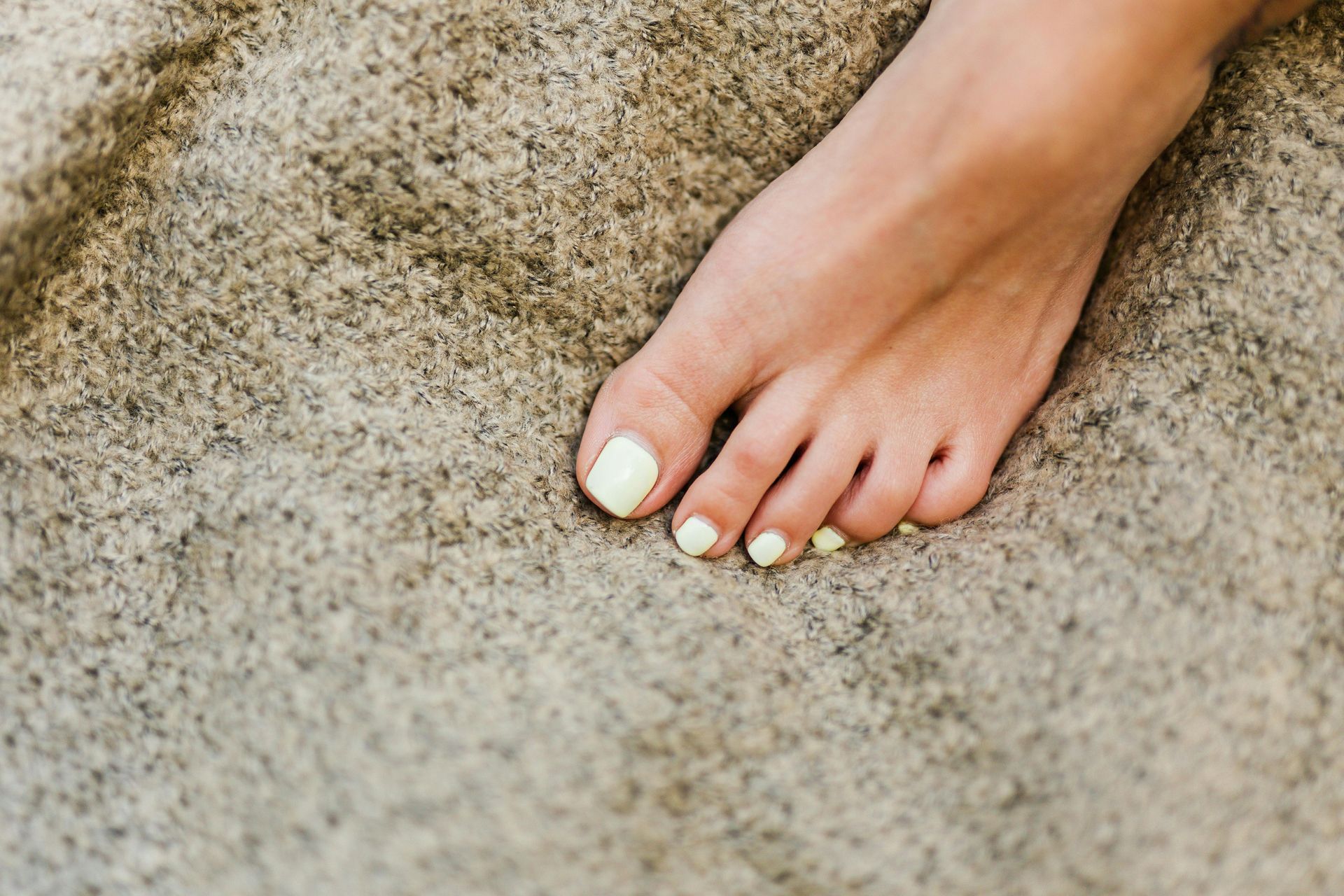Is stress making you sick, cranky and overweight?
Jane Arlow • May 22, 2020
Spoiler Alert! Yes, quite likely.
Here’s the executive summary – yes, if you’re experiencing chronic stress, then this is more likely to make you overweight, sick, tired and cranky! In this post, I’m going to outline a number of the physiological responses to stress and show how they all interact and in my next, talk about some of the ways that we can reduce our stress.
So, let’s start at the beginning, when our bodies first evolved. Imagine there’s a lioness standing right there in front of you. She’s hungry and she has a litter of cubs nearby that she needs to feed. She’s thinking how tasty you’re going to be. You look at the lioness, she looks at you. Your body releases two hormones, adrenaline and cortisol that work on your muscles to release more energy so that you can take the appropriate fight/ flight action. You get away, your adrenaline and cortisol levels return to normal.
Now, we’re back in the 21st Century. Imagine that your alarm hasn’t gone off and you’ve overslept. You get showered and dressed in a rush, then you spill coffee down your shirt. One fresh shirt later, you leave your house. The traffic is awful because it’s raining and you get to work late. Your boss was in early this morning and has already filled your inbox with a whole pile of to-do’s that now mean that your own to-do list has gone out of the window.
We all experience this constant drip of small stresses. Unfortunately, our bodies evolved before alarms, coffee, traffic and bosses. All they know that when we experience a stress, it must be urgent like a lion, so the only appropriate response is fight/ flight and our bodies are flooded with adrenaline and cortisol.
Now, if this is a one-off morning and usually, we’re pretty calm, then our bodies will cope.
But what if this is our normal? What happens if every day, our bodies are in this fight/ flight mode and actually, there is no lioness? Well, our bodies don’t know any different so the adrenaline and cortisol are released anyway and they act on our muscles to release more energy. That we don’t really need. Suddenly, there’s a whole load of extra energy rushing around that we're not using, so it goes into storage. As fat.
At the same time, this constant release of cortisol and energy starts to alter our ability to metabolise glucose, leading to insulin resistance. Insulin resistance increases the risks for pre-diabetes, type 2 diabetes and a host of other serious health problems including heart attacks, strokes and cancer.
As if this wasn’t enough, chronic stress is also known to: suppress the immune function and to increase the likelihood of catching infections; to worsen any other ongoing health issue; and to lead to higher blood pressure especially if we’re already susceptible.
Stress can also cause lighter sleep and mean that we wake more frequently. And, in a delightful vicious loop, the less quality sleep we have, the more stressed we are likely to feel. This is because when we’re tired, we’re more likely to react from the amygdala (which is the emotion-based part of the brain) than the pre-frontal cortex (the thinking part). This increases feelings of lack of control. A lack of quality sleep can also impact how much we eat due to the release of the two hunger hormones, leptin and ghrelin.
Finally, research indicates that individuals who are chronically stressed, particularly women who are already overweight, are more likely to reach for sugary, salty and calorie-dense foods and to binge eat. This behavioural activity is a response to stimulation of the dopamine pathways and the learning/ conditioning mechanism. That is to say every time we’re stressed we’ve learnt that chocolate makes us feel better, so more must be even better.
So, in summary, being chronically stressed means that we’ve got loads of extra energy sloshing around our systems that we can’t metabolise properly; we’re tired and hungry; we have suppressed immune responses and are we’re more likely to binge eat. You can see how this is going to play out – increased weight, more likely to be sick, cranky and yes, just generally delightful to be around.
Obviously, we are all going to experience stress. But a great deal of how we respond to it is down to us and how we choose to manage it.
In future posts, I’ll be sharing some tips for managing stress
and improving your sleep.










